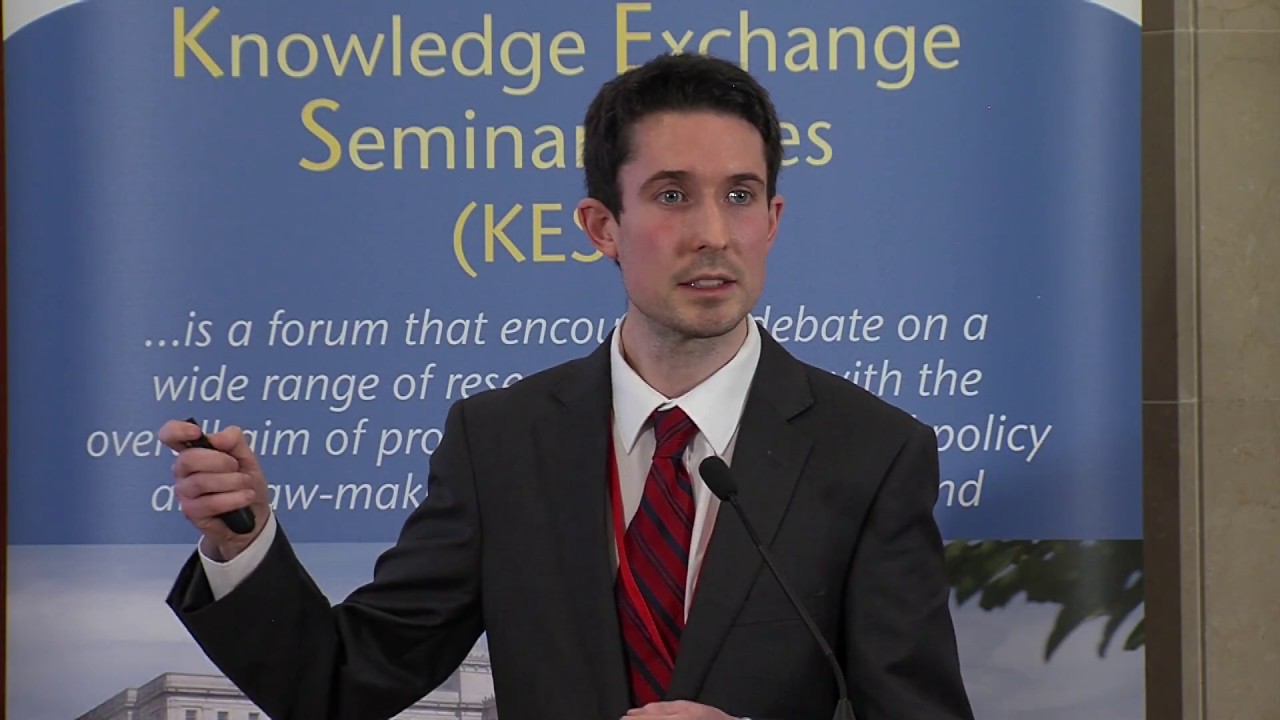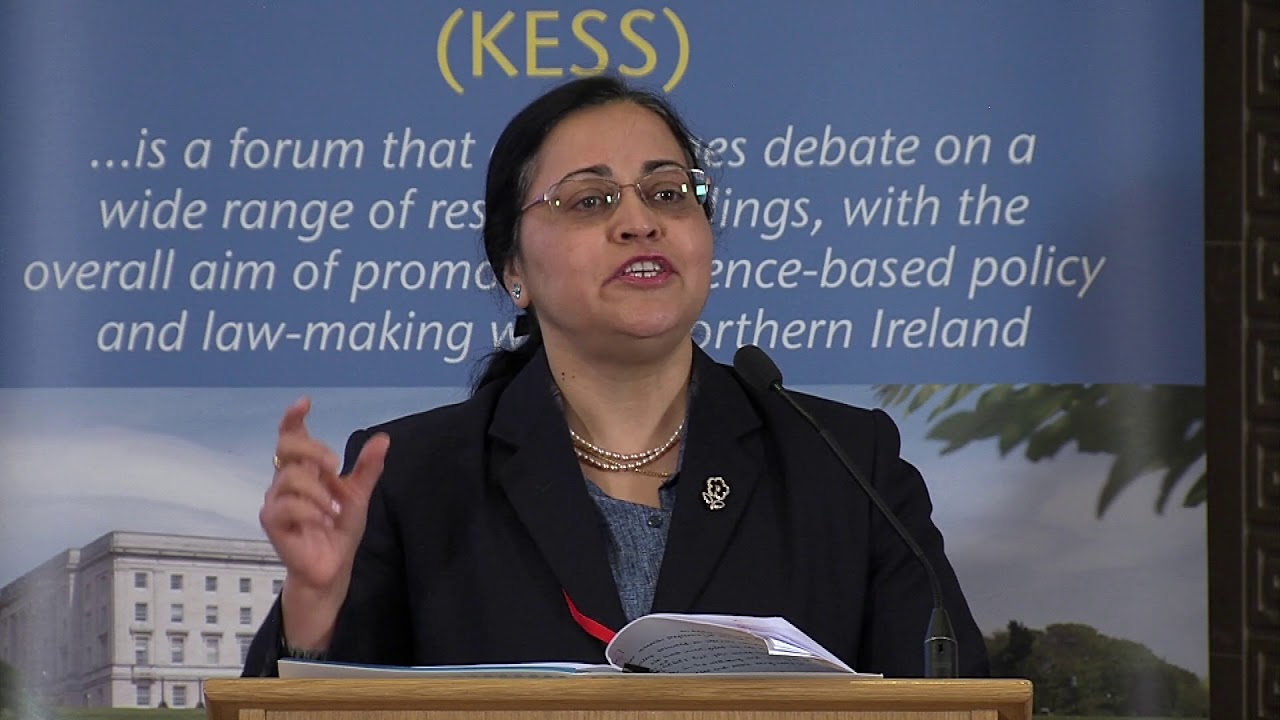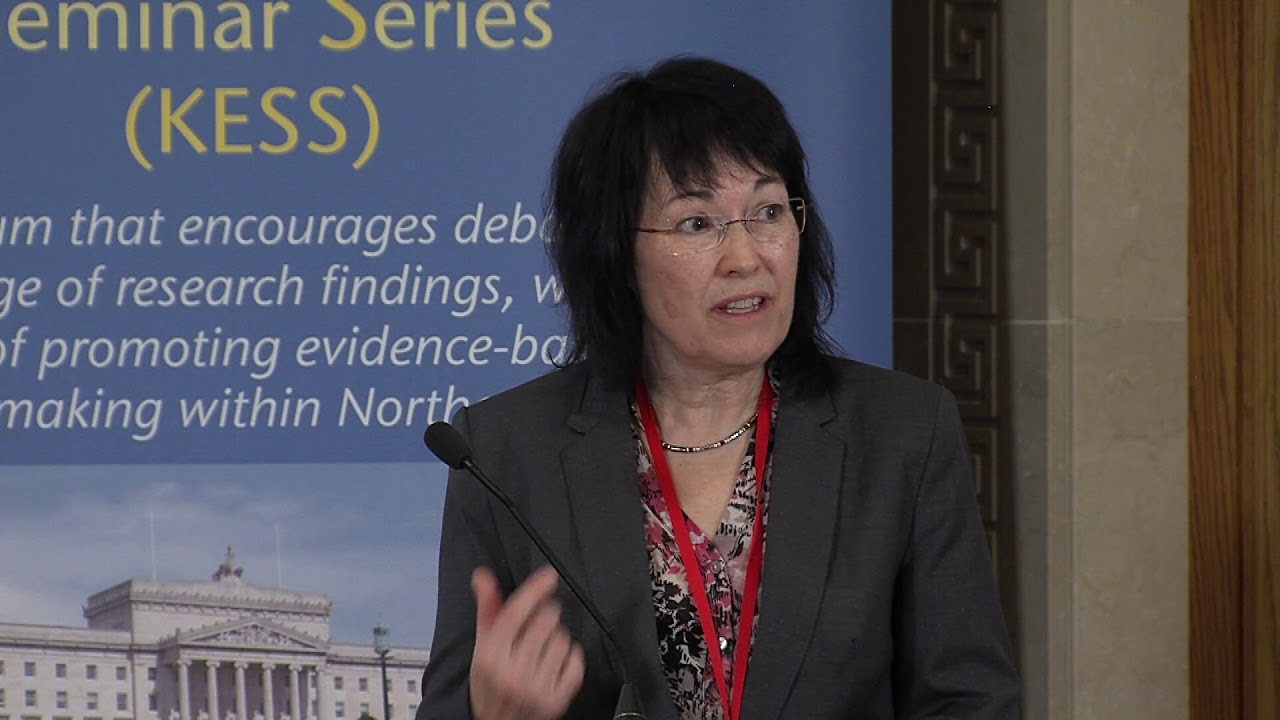Using administrative data to understand mental health in Northern Ireland: results from two exemplar projects
Dr Aideen Maguire, Dr Mark McCann, Dr John Moriarty and Dr Dermot O’Reilly (QUB): Mental ill health is a major contributor to the burden of… Read More »Using administrative data to understand mental health in Northern Ireland: results from two exemplar projects







